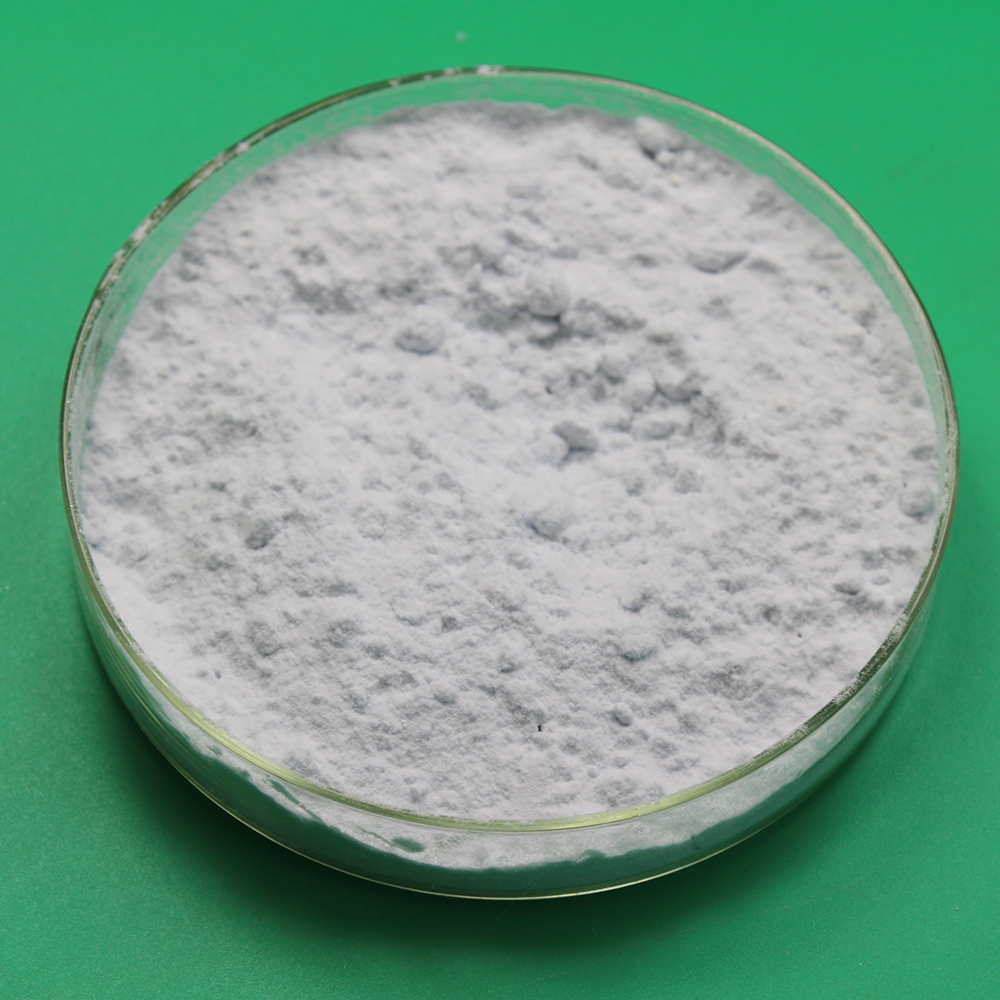4-Chlorophenoxyacetic Acid (4-CPA) is a synthetic compound that belongs to the class of herbicides and plant growth regulators. It is primarily used in agricultural practices to promote growth and enhance crop yields. As a phenoxyacetic acid derivative, 4-CPA exhibits unique properties that make it effective in various applications, particularly in the management of weeds and the regulation of plant growth.
One of the key features of 4-CPA is its ability to mimic the natural plant hormone auxin. This similarity allows it to influence plant growth processes, such as cell elongation and division. As a result, 4-CPA is often employed in horticulture to stimulate root development and improve overall plant vigor. Its effectiveness in promoting growth has made it a valuable tool for farmers and gardeners alike.
In addition to its growth-regulating properties, 4-CPA is also utilized in the control of certain weed species. By disrupting the normal growth patterns of unwanted plants, it helps to reduce competition for resources, thereby allowing desirable crops to thrive. This dual functionality as both a growth regulator and herbicide underscores the versatility of 4-CPA in agricultural settings.
However, the use of 4-CPA is not without concerns. As with many synthetic chemicals, there are potential environmental and health implications associated with its application. Studies have indicated that excessive use of 4-CPA can lead to soil and water contamination, raising questions about its long-term sustainability in farming practices. Consequently, regulatory bodies have established guidelines to ensure its safe use.
In conclusion, 4-Chlorophenoxyacetic Acid (4-CPA) plays a significant role in modern agriculture, offering benefits in plant growth regulation and weed management. As research continues to evolve, it is essential to balance its advantages with environmental considerations to promote sustainable agricultural practices.
Post time: Feb-21-2025






